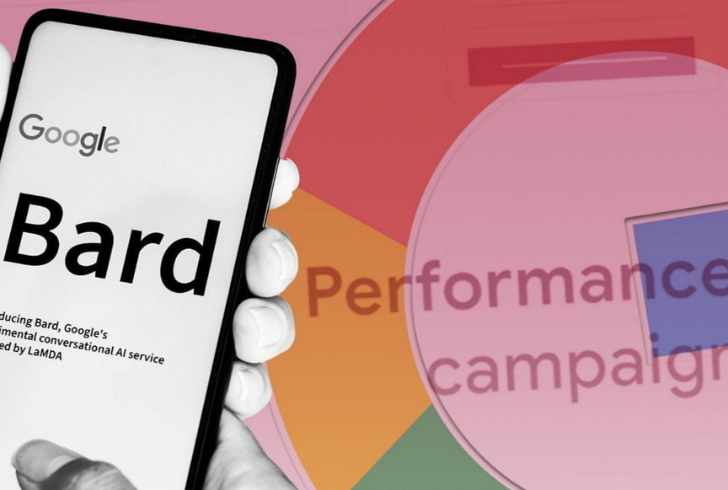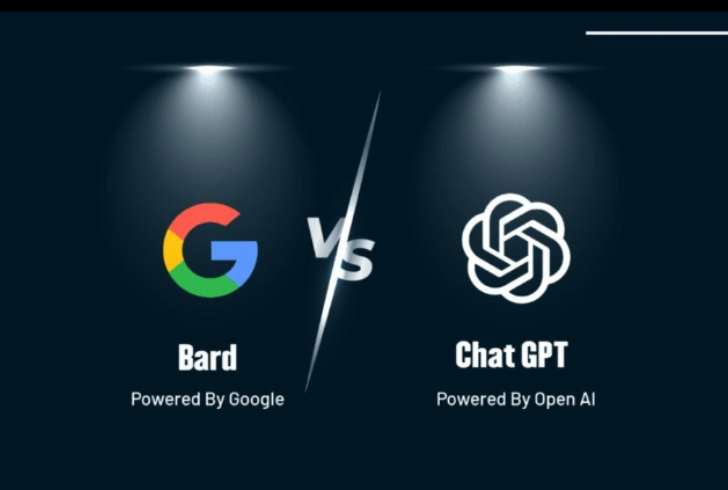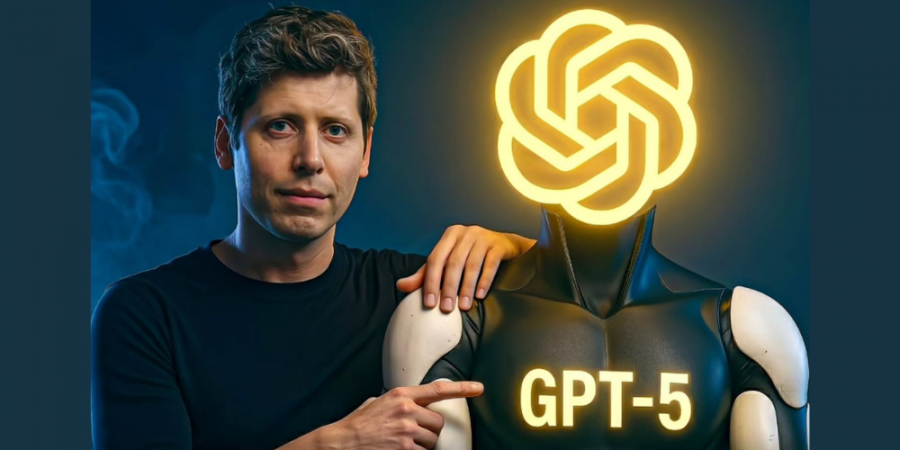Navigating the AI Maze: Cohen’s Oops Moment

Instagram | financialtimes | Cohen, seeking a shortcut in his legal journey, turned to Google Bard.
Cohen, seeking a shortcut in his legal journey, turned to Google Bard, thinking it was his superhero search engine. But things went wrong when the judge noticed that the cases he used were fake. This caused trouble for Cohen’s lawyer, David Schwartz, who might get in trouble for accidentally using these made-up cases.
AI in the Legal Spotlight: More Than a One-Time Fumble
Cohen’s mishap isn’t an isolated incident. Lawyers embracing AI for legal tasks have stumbled before. Just months ago, two New York lawyers were slapped with fines for weaving ChatGPT-generated fake court cases into their legal brief.
The legal arena is witnessing an AI revolution, from drafting arguments to seeking new trials, as seen in rapper Pras Michél’s legal team’s quest for justice.
Cohen’s Apology: A Not-So-Legal Novice in the AI Game
Cohen, admitting his lack of expertise in the legal tech realm, penned a statement explaining his faux pas. As a non-lawyer, he confessed to being oblivious to the risks associated with Google Bard’s generative text capabilities.
His plea of innocence hinges on the belief that he thought Bard was merely an amped-up search engine – a tool he had successfully used in various contexts for accurate information retrieval.
Behind the Scenes: Cohen’s AI Adventure Unveiled

Instagram | gritdaily | Cohen know Bard was a generative text service, akin to ChatGPT
Let’s dissect the saga. Cohen’s quest for legal shortcuts led him to Google Bard, a tool he believed to be a powerhouse search engine. Little did he know, Bard was a generative text service, akin to ChatGPT, capable of conjuring realistic yet non-existent citations. Cohen’s error wasn’t just his own; it extended to Schwartz, who unknowingly added these concocted cases to the motion.
The Broader Canvas: AI in Legal Limelight
Beyond Cohen’s individual episode, AI’s influence in the legal domain is expanding. From research to argument drafting, lawyers are embracing AI for its efficiency. However, these incidents underscore the need for legal professionals to stay abreast of emerging technologies and their potential pitfalls. Ignorance, as Cohen learned the hard way, is no defense in the evolving landscape of legal tech.
Learning from the AI Legal Blunders: A Wake-Up Call for Lawyers
As AI becomes a staple in legal circles, this episode serves as a wake-up call. Lawyers must tread cautiously, understanding the tools they employ. The risk of inadvertently incorporating AI-generated fabrications into legal documents is real, as Cohen and others have discovered.

Freepik | pressfoto | Lawyers must tread cautiously, understanding the tools they employ.
It’s imperative for legal practitioners to distinguish between supercharged search engines and AI chatbots, preventing unintentional missteps that can tarnish their professional reputation.
Navigating the AI Terrain with Caution
In a legal world increasingly influenced by AI, Cohen’s misstep highlights the importance of education and discernment. The line between search engines and generative text services is thin, but crucial.
Lawyers, both seasoned and novice, must equip themselves with the knowledge to navigate the AI terrain, ensuring that the cases they present are not works of fiction conjured by advanced algorithms.
In this evolving era of legal technology, understanding the tools at one’s disposal is not just an option; it’s a necessity. Cohen’s inadvertent plunge into the AI abyss serves as a cautionary tale, urging legal professionals to stay vigilant in a landscape where reality and artificial intelligence sometimes blur.










